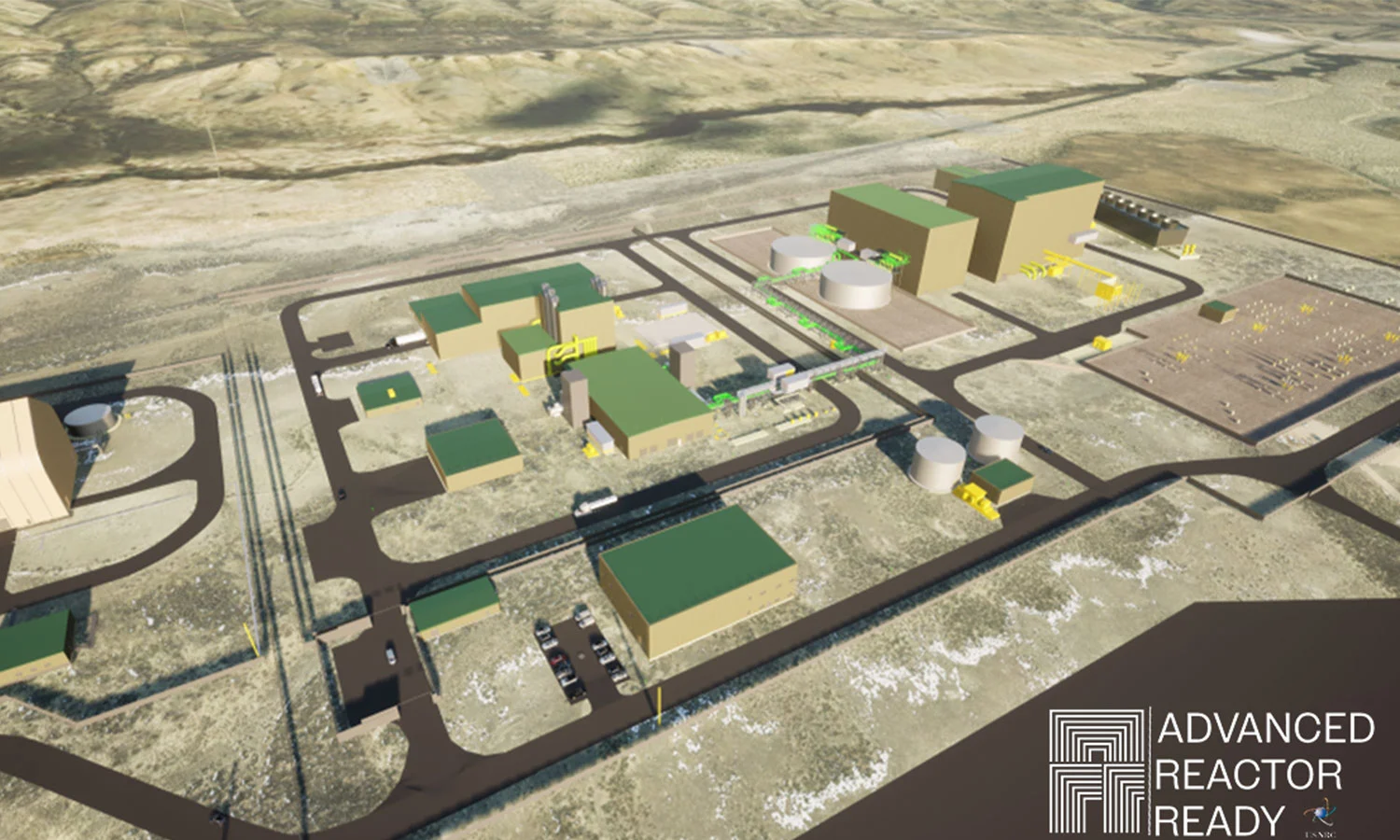A realistic understanding of their costs and risks is critical.
What are SMRs?
-
SMRs are not more economical than large reactors.
-
SMRs are not generally safer or more secure than large light-water reactors.
-
SMRs will not reduce the problem of what to do with radioactive waste.
-
SMRs cannot be counted on to provide reliable and resilient off-the-grid power for facilities, such as data centers, bitcoin mining, hydrogen or petrochemical production.
-
SMRs do not use fuel more efficiently than large reactors.
[Edit: If people have links that contradict any the above, could you please share in the comment section?]



Thank you for sharing this link. It was very interesting listening to someone from within the US that is head of an office now and started from Shell Solar.
There is a reasoning that I didn’t get. Maybe I misunderstood something or I lack some information/knowledge. Anyways, here it is:
At 1:02 they talks about nuclear waste saying that all the nuclear waste produced in the US by the nuclear power plants is like a football field that is 10 yards tall and then he talks about why this waste is not concerning.
Later at 1:07 He mentions that the US is not reprocesing the uranium fuel rods, in which 95% of the energy is still there, and that the US should do reprocessing like other countries do.
Doesn’t that mean that these unprocessed rods in the US that are in the “football field of nuclear waste” are therefore a concern?
So energy remaining and radioactivity are separate. The isotope that it becomes has a decently long half life, but it might only be a few protons or neutrons away from something really radioactive.
I do believe that the fuel rods count towards that pile of waste. I think the US has laws or rules that make it hard or impossible to recycle these back into the good stuff, but it’s very doable. France does it to a high degree.
Thank you for taking the time to reply. I think I kinda understand what you say but I have more reading to do. Currently I’m on some relevant wiki pages trying to get a better understanding [Spent nuclear fuel, Radioactive waste, Long-lived fission product].
In case you (or anyone) have any other links to suggest, please do not hesitate.
Damn this website is so much better than reddit